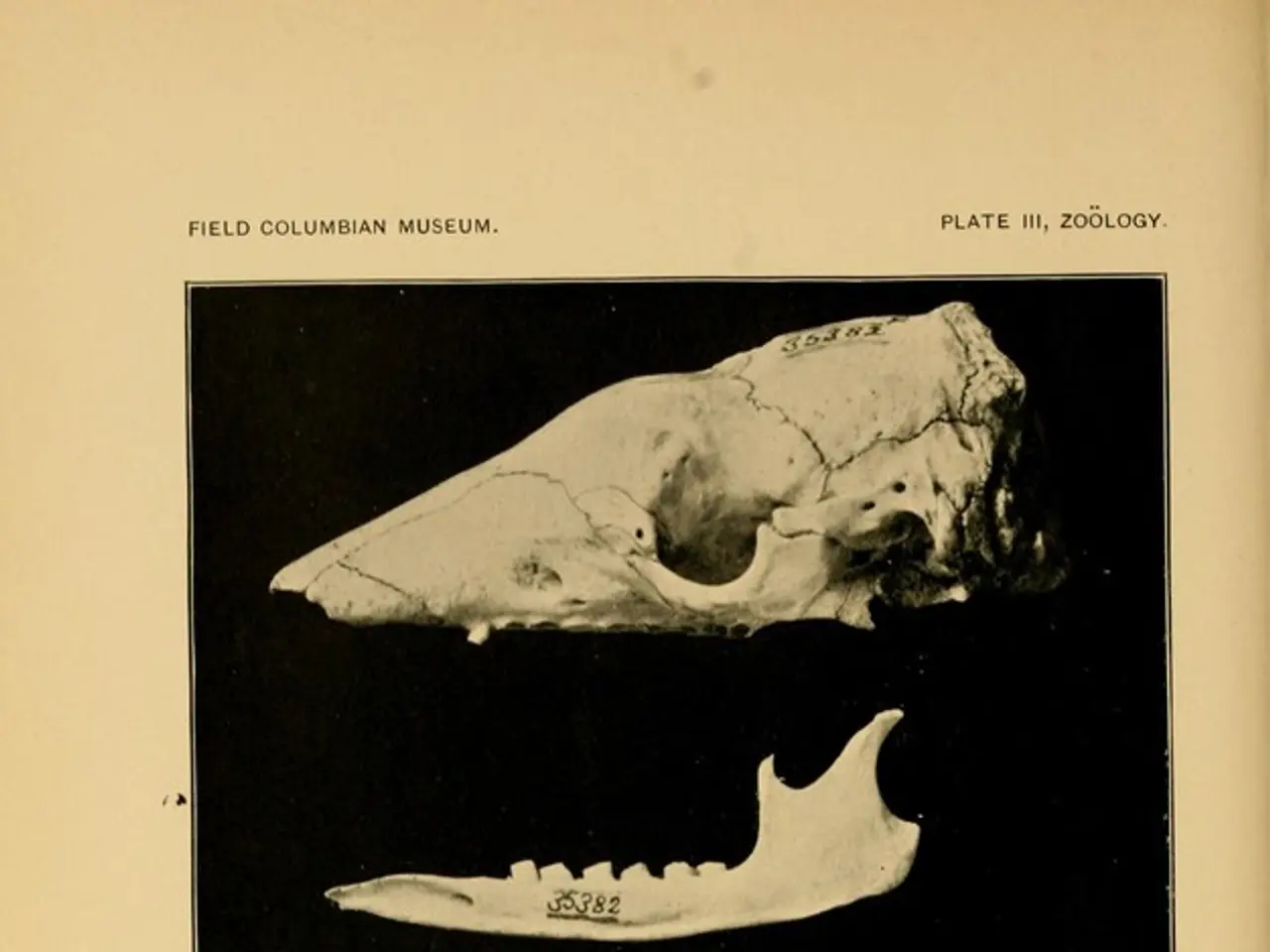Shoulder discomfort in individuals with Ankylosing Spondylitis: Essential information
Ankylosing Spondylitis (AS), a systemic disease affecting about 1.3% of the adult population in the United States, primarily causes inflammation in the spine and sacroiliac joint. However, it can also lead to symptoms in other areas, such as the shoulders, hips, and fingers.
The most common symptom of AS is inflammatory back pain, which has specific characteristics such as onset below 40 years old, easing with exercise, gradual development, stiffness in the mornings, and ongoing pain for more than three months. Shoulder pain in individuals with AS is caused by inflammatory arthritis, presenting as pain, stiffness, and sometimes swelling in the shoulder joints. This occurs in about 50% of people with axial spondyloarthritis.
Treatment for AS-related shoulder pain involves a combination of medications, physical therapy, and lifestyle measures. Medications to reduce inflammation and pain include nonsteroidal anti-inflammatory drugs (NSAIDs), corticosteroids, and biologic agents such as anti-TNF drugs that specifically target inflammatory pathways.
Physical therapy and exercise are crucial for maintaining joint mobility and reducing stiffness. Lifestyle modifications, such as a healthy diet and avoiding smoking or alcohol, may also help manage symptoms. In some cases, corticosteroid injections directly into the shoulder joint or tendon sheath may provide fast relief for localized joint swelling.
Healthcare professionals may also recommend certain types of biologic drugs to treat both spinal and peripheral joint symptoms in AS. If NSAIDs are ineffective, doctors may prescribe disease-modifying antirheumatic drugs (DMARDs) to help relieve symptoms and prevent joint damage.
It's essential for a person to seek the advice of a doctor for individual advice about treating AS and managing shoulder pain. A doctor can help identify the underlying cause of the pain, even if the person has not received an AS diagnosis. If untreated, AS can lead to joint damage and fusion, severely restricting movement.
Other symptoms of AS may include difficulty breathing deeply, uveitis, fatigue, unintentional weight loss, loss of appetite, psoriasis and skin rash, inflammatory bowel disease, pain in the abdomen, loose bowel movements, and eye pain. Janus kinase inhibitors are medications that send messages to specific cells from inside the cell itself and may be prescribed for AS treatment.
In summary, shoulder pain in AS is treated with anti-inflammatory medications, physical therapy, and lifestyle measures to preserve joint function and reduce symptoms. It's crucial to consult a healthcare professional if you experience any shoulder pain that does not go away, as another condition may be causing the pain.





